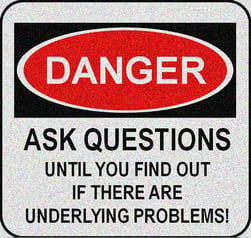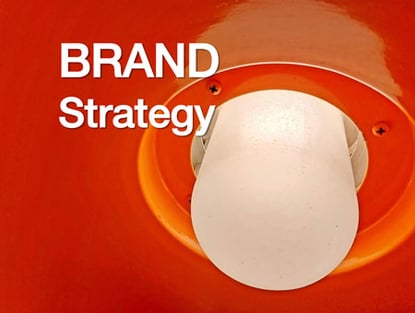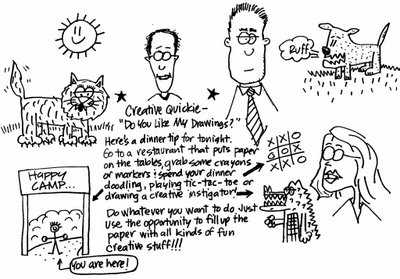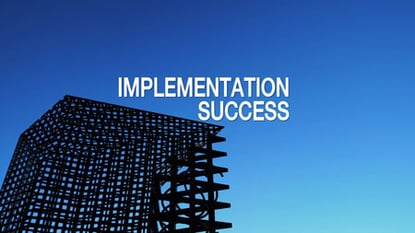When preparing for a job interview, don't forget there are really two interviews going on. You need to be assessing the potential employer both organizationally and personally as well. It's critical then to invest time developing your strategy for interviewing your prospective employer:
- Create a list of questions you'll ask. Review who you'll be talking with and have a strategy for each individual's targeted questions. If you interview people as an employer, look through the questions you use that may be particularly fruitful when adapted for use on the other side of the hiring table. Ask probing, challenging questions, particularly when meeting a company's senior executives.
- Look for informal situations in which to interact. Take advantage of any opportunity to meet others in the company outside of the formal interview times. Ask questions about what they enjoy about the company, what it's like to work there, and why they joined originally.
- Observe everything. No detail is too small; try to notice and analyze everything taking place. How do people interact? What are their verbal and non-verbal reactions to one another? Who asks if you'd like something to drink, and who ultimately goes to get it? Every part of your experience is input to consider.
 The importance of having your own interview strategy was evident on a job interview I went on in the past few years. It was a group interview with four members of a company's executive team for a CMO position. Really more of a conversation than an interview, there were lots of questions about my employer and my thoughts on the strategic situation for the prospective company.
The importance of having your own interview strategy was evident on a job interview I went on in the past few years. It was a group interview with four members of a company's executive team for a CMO position. Really more of a conversation than an interview, there were lots of questions about my employer and my thoughts on the strategic situation for the prospective company.
One thing I noticed early on was while they said they wanted a strategic marketer, every time they mentioned marketing, they might as well have hand-signaled double quotes around the word. Strategic marketing was clearly viewed as a foreign concept. Along the way, there were a couple of shots taken at the rigor of stock analysts because they're "ANALytical." All of these were important clues.
Finally, the CEO said let's turn the tables and invited me to ask questions. I pulled out my 5-page list saying, "I AM a research guy."
Among the first questions was one shaped by the job spec the recruiter supplied. The background material talked in depth about what a close unit the senior management team was, how the members were argumentative, but supportive, and how the new strategic marketer would have to fit the group's working culture. I asked them, obviously enough, what type of person would come in and be successful working with this tight-knit group.
The CFO began the multi-person response:
"A 21-year old girl...with a stripper background...who likes to do special projects."
Yes, take a moment. As incredible as it sounds, that is word for word how they answered the question.
I looked at one of the two lawyers in the room who had been identified as taking over the HR function and asked him, "So are you in charge of HR yet?" There weren't many questions that needed to be asked after that.
It's not as if the killer question I asked was complex. It was strategic though and targeted at whether the working relationship at this company was going to work. Obviously, the answer was no.
I feel sorry for the person who wound up with this job, if it indeed got filled, because they clearly didn't uncover, among other business issues, the very superficial regard this company holds for strategic marketing.
All I can say is I was at least thankful for their honesty. – Mike Brown
The Brainzooming Group helps make smart organizations more successful by rapidly expanding their strategic options and creating innovative plans they can efficiently implement. To learn how we can develop the best strategic marketing plan for your business, email us at brainzooming@gmail.com or call us at 816-509-5320.



